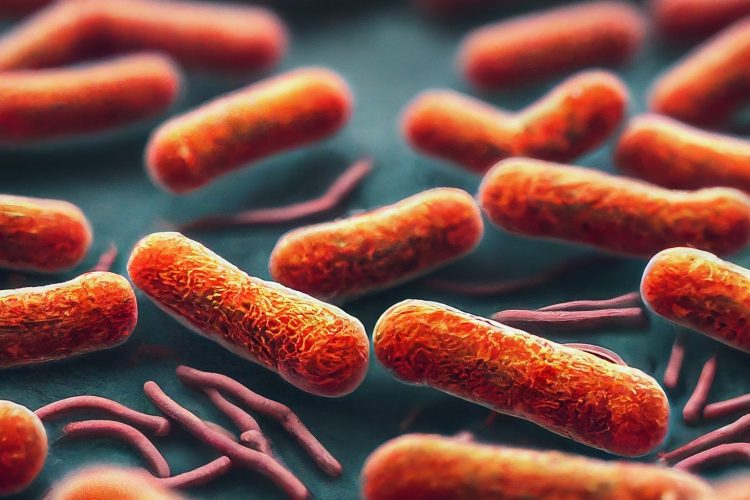Amino acid discovery could help combat food poisoning
- Like
- Digg
- Del
- Tumblr
- VKontakte
- Buffer
- Love This
- Odnoklassniki
- Meneame
- Blogger
- Amazon
- Yahoo Mail
- Gmail
- AOL
- Newsvine
- HackerNews
- Evernote
- MySpace
- Mail.ru
- Viadeo
- Line
- Comments
- Yummly
- SMS
- Viber
- Telegram
- Subscribe
- Skype
- Facebook Messenger
- Kakao
- LiveJournal
- Yammer
- Edgar
- Fintel
- Mix
- Instapaper
- Copy Link
Posted: 12 December 2024 | Ben Cornwell | No comments yet
Breakthrough research reveals how the amino acid serine inhibits Clostridium perfringens spore formation, offering new insights into food safety.


Food poisoning remains a significant concern for the global food industry. However, these illnesses are not just a public health issue; they carry an immense economic burden. According to the World Health Organization, an estimated 600 million people fall ill annually due to contaminated food, with 420,000 fatalities. The financial cost of treating these illnesses is approximated at $15 billion each year.
These types of illness are sometimes caused by Clostridium perfringens, a pathogen widely found in soil and the intestinal tracts of animals. This bacterium thrives in low-oxygen environments, such as curry stored in a pot, and can cause severe abdominal pain and diarrhoea when ingested. Despite its impact, the mechanisms behind its spore formation—a critical stage in its pathogenicity—have remained elusive.
Now, researchers from Osaka Metropolitan University’s Graduate School of Veterinary Science have uncovered a vital clue. Led by Associate Professor Mayo Yasugi, the team has identified the amino acid serine as a powerful inhibitor of C. perfringens spore formation.
Study findings
In their study, they created 21 culture mediums, 20 of which were each deprived of one of the amino acids that make proteins in the human body, to evaluate the pathogen’s development. They discovered that removing serine disrupted the bacterium’s ability to remodel its cell wall, an essential step in forming resilient spores.
“This is the first reported case where a single amino acid inhibits spore-forming anaerobic bacteria,” Professor Yasugi explained. “In the future, we hope to understand serine inhibition, the pathogenic mechanisms of Clostridium perfringens food poisoning, and the survival strategies of pathogenic microorganisms in the human body. Hopefully, this will lead to academic contributions to microbiology and infectious diseases.”
The potential applications of this discovery are significant. By targeting the bacterium’s spore formation, food safety measures could be enhanced to reduce contamination risks and decrease the number of global food poisoning cases. Furthermore, it may lead to breakthroughs in microbiology and disease research, as scientists explore how serine can influence other pathogenic microorganisms.
For professionals committed to safeguarding the food supply chain, this development represents a promising step forward to addressing one of the industry’s most persistent challenges.








